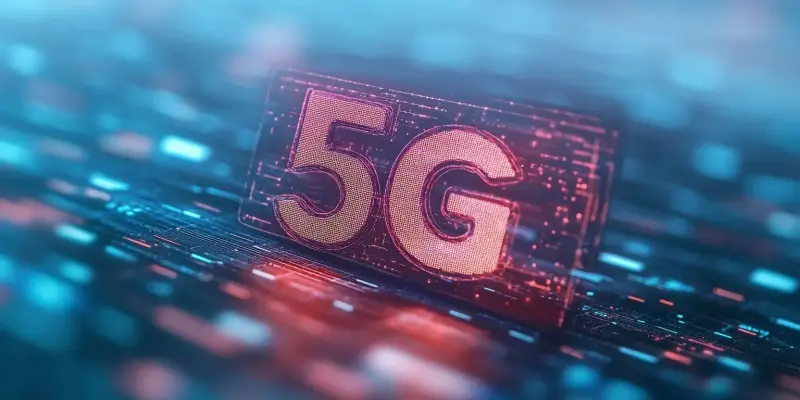The rapid expansion of 5G networks globally has undoubtedly raised concerns over the increased power consumption needed to support these advanced technologies. However, in a bid to combat these challenges, Vodafone and Ericsson recently embarked on an ambitious trial in London, aiming to significantly cut 5G network power usage using artificial intelligence (AI). This collaborative initiative has resulted in a remarkable achievement: a 33% reduction in power consumption across multiple test sites. Such a development is timely and strikes a balance between meeting the rising demand for improved connectivity and maintaining sustainable practices.
Innovative AI Solutions and Their Impact
The cornerstone of this trial was leveraging Ericsson’s Service Continuity AI App suite, particularly its Intelligent Energy Efficiency tools designed for managing energy demands, operating costs, and ultimately reducing the carbon footprint. These tools were put to the test in various locations, demonstrating their efficacy in decreasing power usage without disrupting service quality. One of the key elements was the implementation of the 5G Deep Sleep mode, which utilizes AI-based algorithms to transition radio units to ultra-low energy states during periods of low traffic. This approach yielded an impressive 70% energy savings during its trial phase.
Another notable component of this trial was the 4G Cell Sleep Mode orchestration. By building a behavioral model of network cells, the technology could effectively optimize their sleep states, further contributing to energy savings. Additionally, the Radio Power Efficiency Heatmap tool employed machine learning techniques to identify and rank underperforming sites, thereby enhancing network efficiency holistically. Each of these innovations played a crucial role in driving down power consumption, underscoring the potential for scalable application across larger networks.
Challenges and Achievements in Energy Management
Despite the impressive trial results, Vodafone faces ongoing challenges in managing its overall energy consumption. Recent annual statistics reveal a slight increase in energy use, with 5,217 GWh recorded for financial 2024. This continues to highlight the complex balance between maintaining network performance for a growing number of users and achieving energy efficiency. Nonetheless, the technological advancements demonstrated in the trial offer a promising pathway to address these challenges moving forward.
Andrea Donà, Chief Network Officer & Network Director at Vodafone UK, expressed that improving energy efficiency through innovative solutions does not come at the expense of service quality. He emphasized that the trial’s success represents both financial and environmental triumphs for the company. Indeed, reducing power consumption through these AI-driven strategies not only aligns with Vodafone’s commitment to sustainability but also helps manage operational costs more effectively.
Broader Industry Implications
The initiative by Vodafone and Ericsson is reflective of a broader trend in the telecommunications industry. Companies are increasingly under pressure to adopt sustainable practices and enhance energy efficiency amidst skyrocketing demands for data and connectivity. The trial serves as a powerful testament to the industry’s ability to innovate and address these global challenges head-on. Seasoned telecoms industry journalist Mary notes that while environmental benefits are often spotlighted in public relations efforts, the significant operational cost reductions these innovations bring are equally noteworthy.
Looking ahead, the success of this collaborative trial suggests a strong potential for these AI-driven strategies to be scaled and implemented across more extensive networks. Doing so would not only support sustainability objectives but also provide practical solutions for managing rising operational costs. As the telecommunications sector continues to evolve, embracing such technologies will be crucial for balancing the imperatives of performance, cost-efficiency, and environmental responsibility.
Future Considerations and Next Steps
The global expansion of 5G networks has sparked concerns about the increased power consumption required to support these advanced technologies. In response to these challenges, Vodafone and Ericsson initiated an ambitious trial in London aiming to significantly reduce 5G network power usage by leveraging artificial intelligence (AI). Their collaborative efforts have resulted in an impressive 33% reduction in power consumption across several test sites. This noteworthy achievement comes at a crucial time and manages to balance the growing demand for better connectivity with the need for sustainable practices. Moreover, it underscores the potential of AI in addressing modern technological challenges. As these networks continue to proliferate, such developments are essential to ensure that the benefits of advanced connectivity do not come at the expense of environmental health. By optimizing energy efficiency, Vodafone and Ericsson are setting a precedent for other companies to follow, thereby helping to create a more sustainable future while still advancing technological capabilities.

